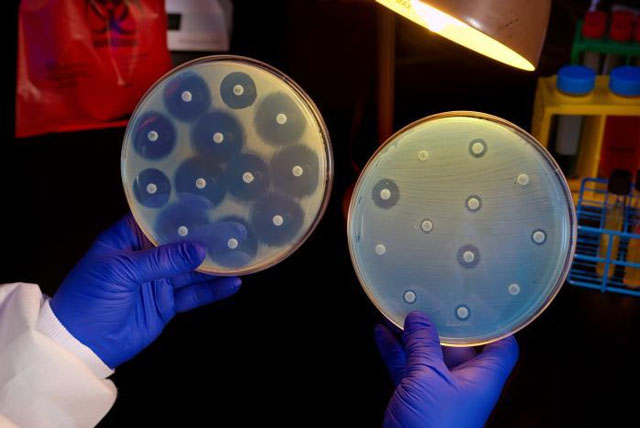Daijiworld Media Network – Washington
Washington, Sep 24: New federal data show a sharp jump in infections caused by a dangerous, multidrug-resistant bacterium across the United States, raising fresh concerns over treatment options and patient safety.
A review of the Centers for Disease Control and Prevention’s (CDC) Antimicrobial Resistance (AR) Laboratory Network data reveals that the age-adjusted incidence of carbapenemase-producing carbapenem-resistant Enterobacterales (CP-CRE) climbed 69% between 2019 and 2023. CRE includes carbapenem-resistant strains of Escherichia coli, Klebsiella pneumoniae and Enterobacter—pathogens notorious for causing hard-to-treat hospital infections.

Researchers found that infections carrying the New Delhi metallo-beta-lactamase (NDM) gene surged by an alarming 461% over the same period, making NDM the most common carbapenemase in E. coli by 2023. Previously, the KPC (Klebsiella pneumoniae carbapenemase) strain had dominated US cases, but its incidence has declined.
“These findings highlight the growing complexity of treating CP-CRE infections, as most new antibiotics target only specific carbapenemase classes,” the authors wrote in the Annals of Internal Medicine. They cautioned that many clinical labs still lack timely carbapenemase testing, which is crucial for selecting the right therapy.
Lead author Danielle Rankin, PhD, MPH, of the CDC’s Division of Healthcare Quality Promotion, stressed the urgency: “Selecting the right treatment has never been more complicated, so it is vitally important that healthcare providers have access to testing to help them select the proper targeted therapies.”
The CDC urges hospitals and healthcare providers to strengthen local surveillance, integrate carbapenemase testing into laboratory workflows, and ensure patients receive appropriate antibiotics without delay.